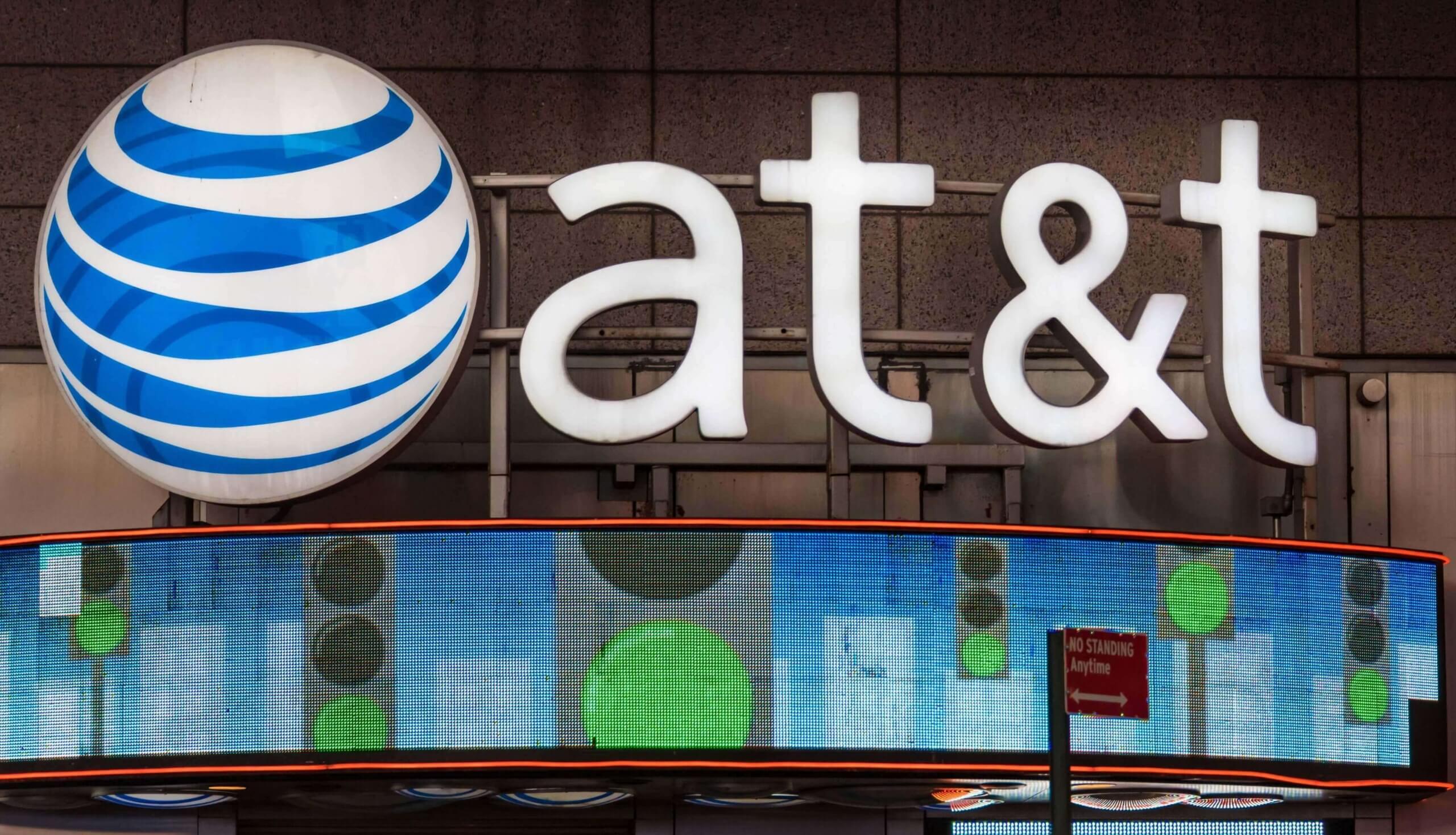Facepalm: A US federal judge in Los Angles has denied a motion to dismiss a $224 million lawsuit against AT&T for enabling the theft of $24 million in cryptocurrency. The telecom will have to defend itself in front of a jury.
Last year, we reported on a man named Michael Terpin who was suing AT&T for allowing his mobile phone to be SIM-swapped not once but twice. SIM-swapping is when scammers contact a carrier pretending to be their target in order to port the victim's number to a SIM card that they control.
The scams cost Terpin $24 million in cryptocurrency which was stolen by Nicholas Truglia (aka the "Bitcoin Bandit") who was the head of a SIM-swapping group called "OG Users."
Terpin's lawsuit alleges the violation of the Federal Communications Act (FCA), breach of contract, and other laws. He seeks restitution of his $24 million, plus punitive damages of $200 million.
The telecom giant's legal team requested Judge Otis Wright disregard a 2011 FCC consent decree that ordered protection of the data privacy of AT&T customers. The motion was flatly rejected.
"Mr. Terpin's claim ... seeks to declare AT&T's wireless customer agreement as unconscionable, void against public policy, and unenforceable in its entirety."
"Judge Wright strongly repudiated AT&T's audacious bid to prevent Michael from demonstrating to a jury the carrier's contempt for consumers' privacy and utter disregard of its legal obligations to prevent this very type of SIM swap and financial crime," said Pierce O'Donnell, Terpin's chief legal counsel said in a press release. "The evidence will show that AT&T not once, but twice allowed hackers posing as Michael to obtain his SIM card."
Judge Wright said that Terpin had sufficiently shown that AT&T had allowed unauthorized access to his account, a violation of the FCA.
Furthermore, Terpin contests the wireless consumer agreement that indemnifies AT&T from liability even in the face of its own negligence. Terpin alleges that the contract is null and void because the provisions are not legally acceptable. Judge Wright feels these claims need to be hashed out in court.
"AT&T and Mr. Terpin have adverse legal interests of sufficient immediacy and reality to warrant a claim for declaratory judgment," said Wright. "The terms of the wireless customer agreement are directly implicated by this lawsuit, particularly the terms that Mr. Terpin has identified."
Terpin has 21 days to amend any of his claims.
